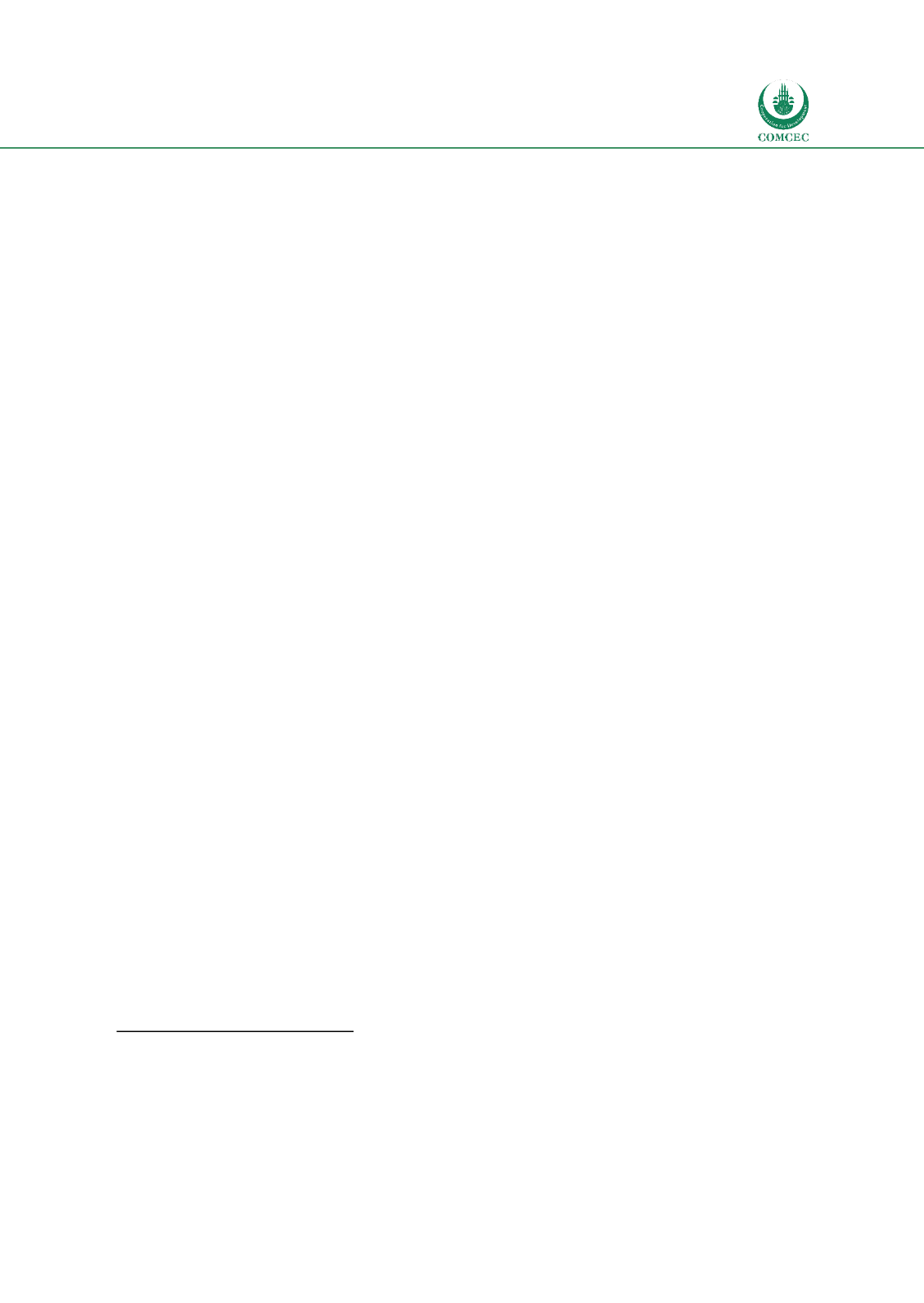

Muslim Friendly Tourism:
Regulating Accommodation Establishments
In the OIC Member Countries
55
standards, see positive effects in market segmentation and target a specific market segment,
in this case the Muslim travellers, better.
124
Increase of Muslim guests
Hotels, which follow MFHS, witness an increase in the number of Muslim guests due to the
higher level of service and offering targeting these guests. Thus, hotels see an advantage in
selling to guests who are conscious and very particular about their religion.
125
Favourable Customer Perception and Experience
A Muslim guest feels safer and more comfortable if they know the accommodation they are
staying in is Muslim-friendly.
126
Offering Muslim-friendly services creates an inclusive travel
experience for Muslim travellers.
127
4.1.5 Challenges and Lessons Learned
Standard Formulation
Initially, the formulation of a standard, which incorporates all necessary elements of being
Muslim-friendly without being too strict at the same time, is a challenge in itself. Otherwise,
most accommodations could not fulfil the criteria, especially in non-Muslim countries. It also
needs to be researched, which amenities and services are really needed by the consumer
itself. Research by the University Malaya revealed that Muslim travellers see Halal food and
the location of a surau/mosque as the most important criteria. Other criteria are an additional
benefit for an accommodation, but less important to the consumer. To formulate a standard, it
needs wide industry participation and in-depth research to ensure both practicability as well
as usability. In the case of the Malaysian standard, this was achieved though continuous
industry engagement sessions
.
128
Standard Adoption by the Industry
In general, accommodation businesses and service providers seem to insist that following
standards needs to be voluntary. This may lead to low levels of standard adoption by the
industry. One way of meeting the challenge of standard adoption is through widespread
campaigns, road shows, and industry information sessions. Outlining the benefits of
participating in the standard can motivate many businesses to adopt it.
129
An additional
suggestion to motivate the industry to participate can be the implementation of an incentive
124
Interview conducted for the Malaysia case study, University of Malaya, October 2016
125
Interview conducted for the Malaysia case study, Perhentian Island Resort, October 2016
126
Interview conducted for the Malaysia case study, MATTA, October 2016
127
Stephensen, M. (2014) Deciphering ‘Islamic hospitality’: Developments, challenges and opportunities, Tourism
Management Vol. 40, p 155-164.
128
The Readiness of Malaysian Accommodations Towards Shariah-Compliance, unpublished research paper, University of
Malaya, 2016
129
Interview conducted for the Malaysia case study, Islamic Tourism Centre, October 2016
















